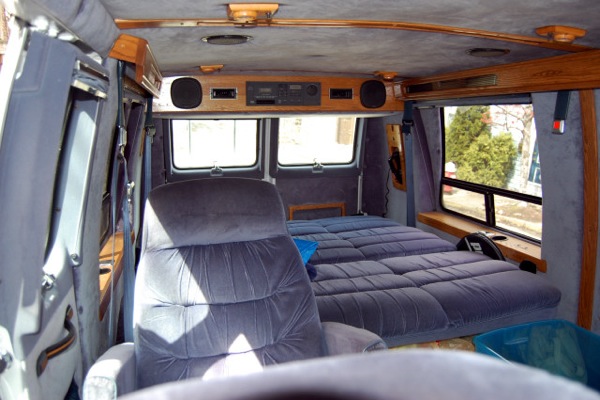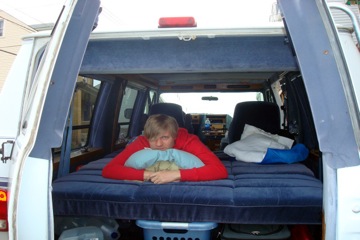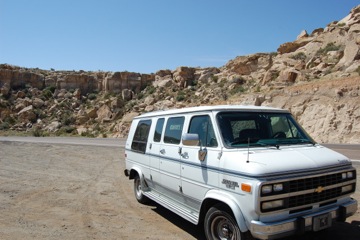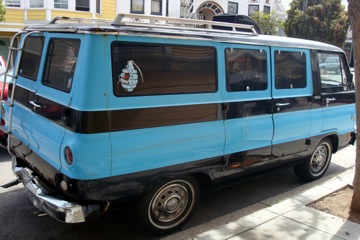
Photos: author
Taking an extended, months-long trip around the U.S. may not seem financially feasible, but it can be if you have a van large enough to sleep in. If you’re adventurous enough, sleeping in your vehicle can save you hundreds of dollars and allow you to extend your trip by months. This article touches on the whys, wheres, and hows of sleeping in your vehicle while traveling.


